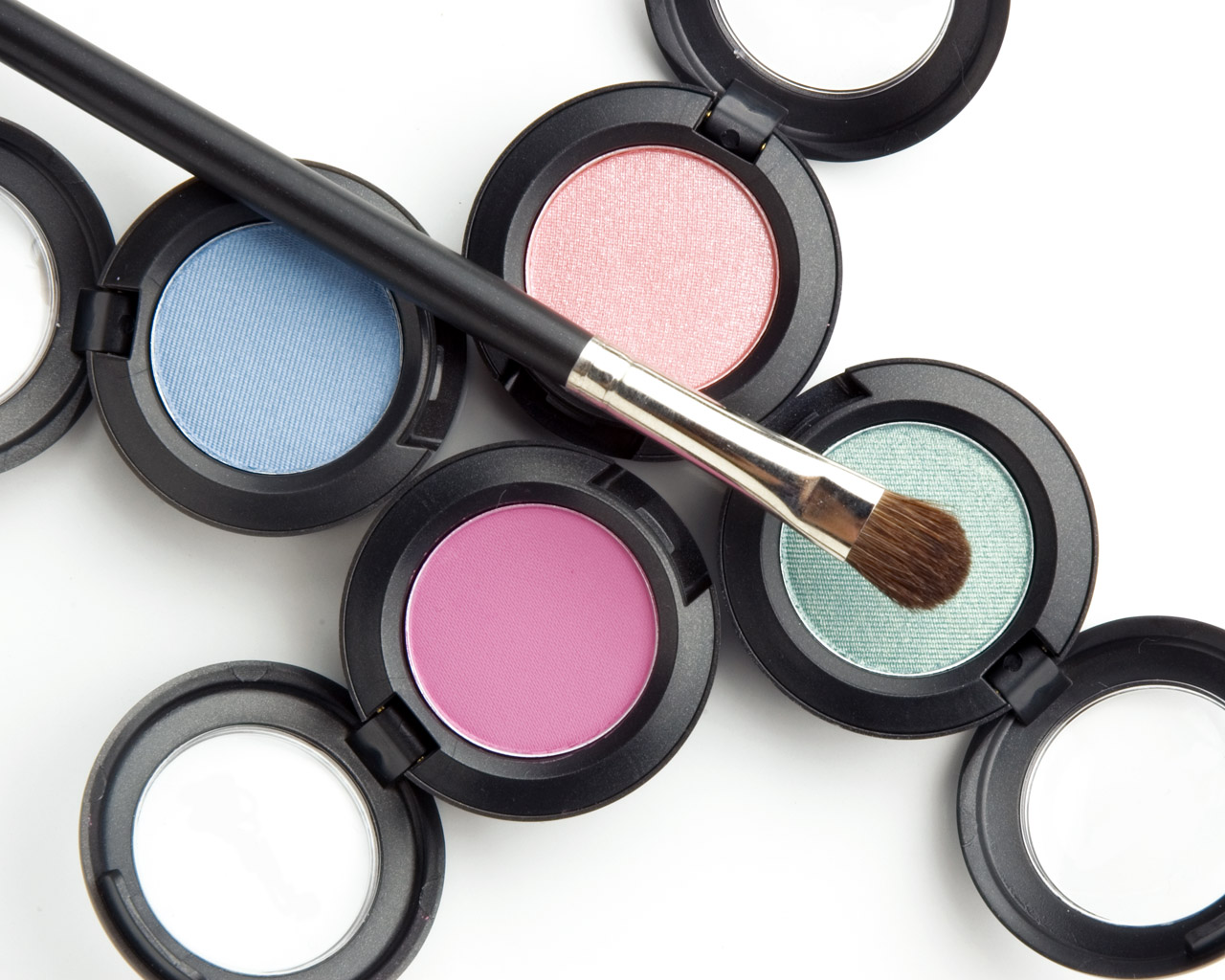Improper makeup hygiene can lead to infection
 Makeup is designed to help enhance beauty, but when the products and their tools aren’t cared for properly, it can lead to unsightly and uncomfortable side effects.
Makeup is designed to help enhance beauty, but when the products and their tools aren’t cared for properly, it can lead to unsightly and uncomfortable side effects.
“I think we are really unaware of what we are putting on our skin,” says Tiffany Peoples, skin therapist at Ulta Beauty. “... The summertime can be one of the worst times because our skin does collect all these pathogens. Without proper sanitation procedures, you are going to see a lot of problems.”
Expired makeup, dirty brushes, not washing your hands and not following basic hygiene rules can cause bacteria to grow, leading to infections, illnesses, acne and irritation. Studies have found bacteria that can cause meningitis and staph infections and viruses that can cause pink eye and other infections in makeup products and tools that aren’t maintained.
“There are high risks for infection and bacteria,” Peoples says. “Those are the main reasons that people see acne. It’s one of the leading causes of our skin problems, because we don’t disinfect our brushes properly, not washing our hands prior to our makeup application, not keeping them in covered containers.”
According to a 2015 Harris Poll on behalf of beauty company Anisa International, 22 percent of respondents reported never cleaning their makeup brushes. One in five reported not knowing their brushes needed to be cleaned, and 31 percent of millennials reported not knowing how to clean them.

“Makeup brushes should be sanitized after every use. It doesn’t hurt to take a spray bottle and spray them, especially your foundation and your concealer brushes. Those are going to be sticky so they are going to collect a lot more dirt,” Peoples says. “Definitely do a major cleaning once a week.”
She recommends cleaning brushes with water and dish soap after every use, and uses a squirt bottle and paper towel for her quick cleanings. Brushes also can be cleaned using commercial brush cleaner or baby shampoo.
Peoples also recommends starting each makeup application with clean hands, even when using makeup applicators.
“I don’t think people are aware of what can get on your hands before putting your makeup on,” she says. “Make sure you have that clean slate. Having hand sanitizer around your makeup station is always a good idea. That way you can throw a few squirts on and you know you have that sanitation.”
Sharing makeup also provides opportunities for bacteria to spread. If people decide to share, Peoples recommends scraping of the top layer of the product, sanitizing it with alcohol and using separate applicators.
“You can use different lip applicators and with your mascara, you can go in and use separate applicators,” she says. “It’s kind of the procedure of never putting back into what you are taking out. It helps not spread anything.”
Peoples also recommends disposing of makeup, especially mascara and eyeliner, used after a contagious illness such as pink eye.
“You don’t know if you sanitize it whether or not it’s going to get all that bacteria off and since it is such a spreadable bacteria, you don’t want to recontaminate yourself,” she says.
The older makeup is, the more susceptible it is to germs and bacteria that collect over time. Even if the product isn’t empty, mascara should be disposed of after three to six months. Eye shadows, lip products and foundations should be disposed of after two years.
“Mascara can cause infection if you aren’t properly switching them out,” People says. “Your eyeliner pencils can also.”
Proper face washing also can help reduce the risk of acne or infection. Peoples recommends using a cleanser to remove makeup before washing the face and regular exfoliation to help remove dead skin cells.
“You should always take that top layer of makeup off before cleansing your face or else it’s not doing what it’s supposed to do,” she says.
Taking care of makeup tools and using proper hygiene is key to overall skin care and shouldn’t be ignored, Peoples says.
“I think it’s often overlooked,” she says. “I don’t think it’s something that we really see as something that we need to do.”




